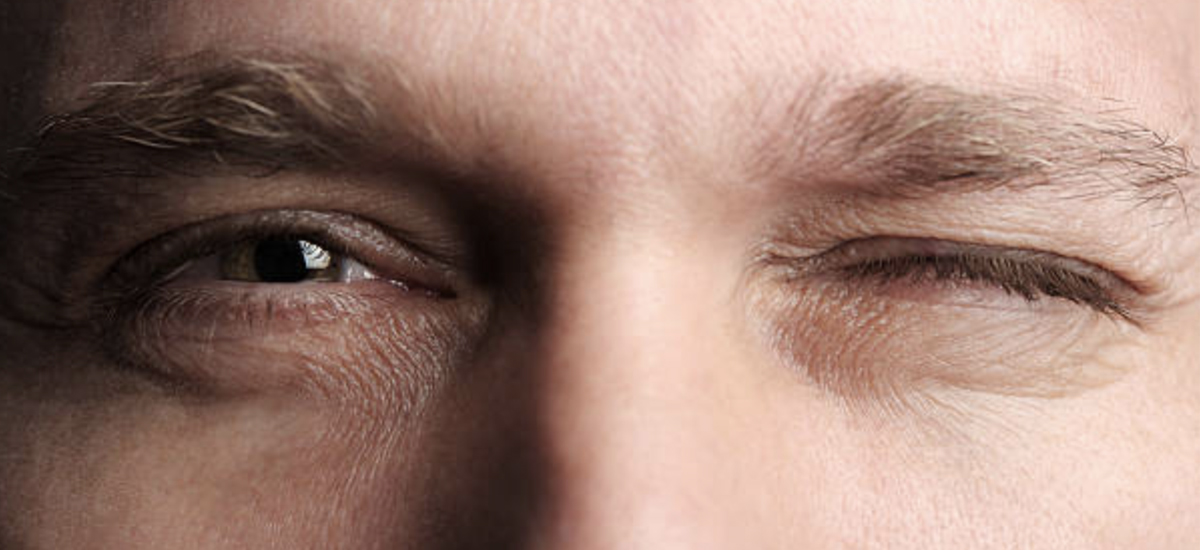When Blinking Brings Discomfort: Unveiling the Causes of Eye Pain with Every Blink
Blinking is an involuntary reflex that keeps our eyes lubricated, healthy, and free of debris. But what happens when blinking, a natural and essential action, becomes painful? This can be a frustrating and concerning experience. This comprehensive guide explores the various reasons why your eye might hurt when you blink, delves into diagnostic tips, and offers home remedies and preventive measures to keep your eyes comfortable.
Understanding the Delicate Ecosystem of the Eye
The eye is a complex and intricate organ. The outermost layer, the cornea, serves as a protective barrier. The conjunctiva, a thin membrane, lines the eyelids and covers the white part of the eyeball. Tears constantly bathe the eye, keeping it moist and free of irritants. When any part of this delicate ecosystem is compromised, it can lead to discomfort, including pain with blinking.
Potential Culprits: Unveiling the Causes of Eye Pain with Blinking
Several factors can contribute to eye pain when you blink:
- Foreign Object: A tiny speck of dust, eyelash, or other foreign object lodged under your eyelid or on the cornea can cause irritation and discomfort with each blink.
- Dry Eye: Inadequate tear production or excessive tear evaporation can lead to dry eye, causing a scratchy, burning sensation and pain with blinking.
- Conjunctivitis (Pink Eye): This inflammation of the conjunctiva, often caused by allergies, viruses, or bacteria, can make your eyes red, itchy, watery, and painful, especially with blinking.
- Blepharitis: Inflammation of the eyelids, often involving the eyelash follicles, can cause redness, crusting, and pain along the eyelid margins, worsening with blinking.
- Corneal Abrasion (Scratch): A scratch on the cornea, the clear dome at the front of the eye, can be caused by foreign objects, fingernails, or contact lens misuse. This can be extremely painful, especially with blinking.
- Stye: A stye, a red, tender bump on the eyelid caused by a clogged oil gland, can be quite painful, especially when blinking due to the pressure it exerts on the surrounding tissues.
- Eyestrain: Staring at digital screens for extended periods or focusing on near objects for a long time can lead to eyestrain, causing headaches, blurred vision, and sometimes, pain with blinking.
- Underlying Conditions: In some cases, eye pain with blinking can be a symptom of an underlying medical condition like allergies, rosacea, or Sjogren’s syndrome.
If you experience persistent eye pain, blurry vision, or light sensitivity, consult an ophthalmologist (eye doctor) for a proper diagnosis and treatment plan.
Diagnosis: Identifying the Source of the Discomfort
Diagnosing the cause of eye pain with blinking often involves a comprehensive eye examination by an ophthalmologist. Here’s what you can expect:
- Medical History: Your doctor will inquire about your symptoms, any potential exposures to irritants, allergies, and your overall health history.
- Visual Acuity Test: This test measures your ability to see at various distances.
- Slit-Lamp Examination: Using a special high-intensity light and magnification, the doctor will examine the structures of your eye in detail to identify any abnormalities.
- Other Tests: In some cases, additional tests like tear production tests or allergy testing might be needed for a definitive diagnosis.
Finding Relief: Home Remedies and Preventive Measures
Here are some home remedies that might offer temporary relief from eye pain with blinking, depending on the cause:
- Warm Compress: Applying a warm compress to closed eyelids for 10-15 minutes can help loosen debris and soothe irritated eyes (especially for styes).
- Artificial Tears: Over-the-counter lubricating eye drops can help alleviate dryness and discomfort associated with dry eye.
- Rest for Your Eyes: Take breaks from digital screens and other visually demanding activities to reduce eyestrain.
- Gentle Eyelid Hygiene: Regularly clean your eyelids with a gentle cleanser to remove bacteria and prevent blepharitis.
Preventive Measures:
- Practice Good Eye Hygiene: Wash your hands before touching your eyes. Regularly clean and replace contact lenses if you wear them.
- Maintain a Healthy Lifestyle: Eat a balanced diet rich in vitamins and antioxidants essential for eye health. Get enough sleep to prevent eye fatigue.
- Manage Allergies: If allergies contribute to eye pain, consult your doctor about allergy management strategies.
- Schedule Regular Eye Exams: Regular eye checkups can help detect and address any potential issues early on.

